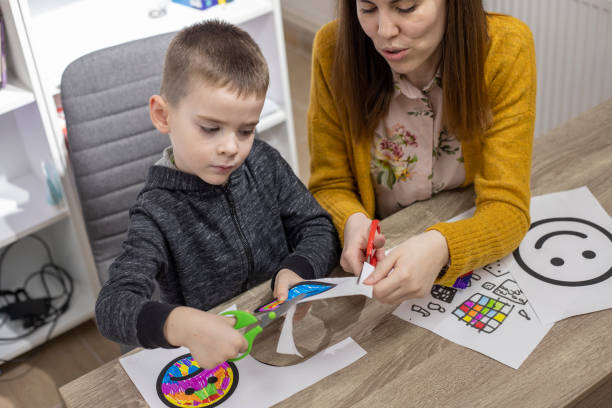Children with Down syndrome have unique strengths and challenges that affect their development of various skills. Among these skills are gross and fine motor skills, self-help skills, and social skills. These skills are essential for children to participate in daily activities, learn new things, and interact with others.
Gross motor skills involve performing functional activities through large movements that incorporate the entire body, such as walking, running, jumping, climbing, and throwing. Fine motor skills refer to performing functional tasks through small movements of the hands, wrists, and fingers, such as grasping, writing, cutting, and buttoning. Self-help skills refer to one’s ability to take care of themselves, including skills such as feeding, toileting, hygiene, and dressing. Social skills refer to one’s ability to communicate and interact with others in appropriate and effective ways, such as making eye contact, taking turns, sharing, expressing emotions, and following rules.
Developing these skills can benefit children with Down syndrome in many ways. For example, gross and fine motor skills can improve their physical health, coordination, balance, strength, and endurance. Self-help skills can increase their independence, confidence, and self-esteem. Social skills can enhance their relationships, communication, and emotional regulation.







